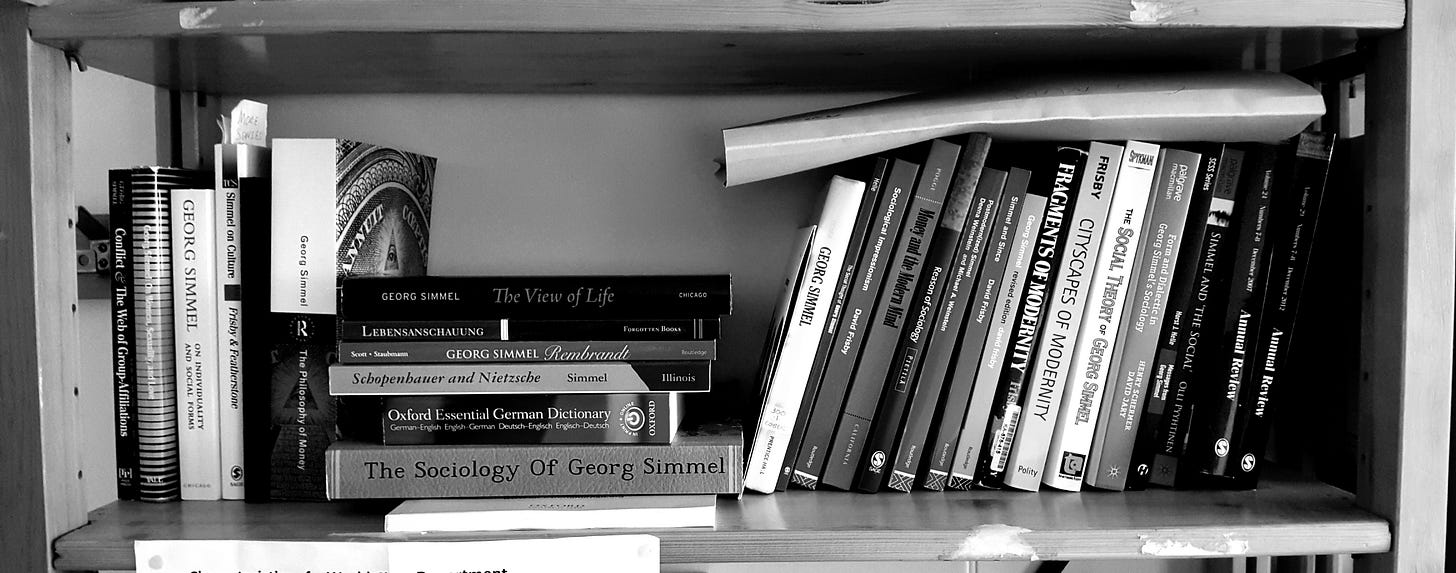The case of bookcases

Solitude-networking is throwing up lots of new visual cues, especially as we see inside people's homes. The now prominent genre of home-located-video-link-interview content has brought the bookcase some deatailed attention. Situated in the background, the bookcase has become the mise-en-scene of the political classes (and academics and celebrities too). The book backdrop is a both a handy representation of symbolic knowledge, a marker of cultural cache and a source of analysis for those seeking to understand the particular individual who occupies the foreground. The canvass upon which media pronouncements are made and the source of debate and mockery on social media, the bookcase has found its place in the remote dialogues and two-dimensional interactions of social distancing.
I’d probably aim for the same type of scenery, if I could. My video calls are backed by a blank wall. This is no proclamation and nor is it a choice. It is by no means an attempt to subvert or make a statement on the self-consciously situated bookcase. I have only a small number at home, my book collection is almost entirely housed in my work office. Locked in. Limited space at home and an attempt to demarcate home and work-space has kept me in the habit of only bringing a book or two home at anytime. My book collection exists only at work - a space I imagined would always be accessible. Those many images of crammed shelves remind me of my books.
I sometimes, in the moments of day dreaming, imagine my office. Empty and dark. The walls lined with my books. The tools of the trade, left unused. It's a small and inconsequential problem, but it does make me think of how work has been transformed now and possibly in the future.
It's limiting without them - and not just because I lack a visual representation of my cultural capital to adorn my moments of remote social contact. Planning a lecture, doing some writing, checking and cross-checking some idea. I wrote before about the difficulty of writing at the moment, as the focus starts to return, steadily, I'm now seeing the separation from my books will make things difficult (and that's without even beginning to contemplate libraries staying shut).
Research, writing and teaching have a materiality to them. There are surfaces, spaces and presences that can't be replicated online and which are vital in creating and communicating ideas and knowledge. Much of this work has already partially adapted over the years, with ebooks, recorded lectures, podcasts, PDFs, online meetings and the like. More adaptation is happening now, rapidly. But not everything can be replicated or replaced. As I think about my motionless books resting in my office, I'm reminded of our sudden lurch toward heightened immateriality and I wonder which aspects of our previous materiality will be preserved, possible or held onto.
The shelved volumes aren’t just functional, I have an attachment to those books as well. They are comforting somehow. I know their content is there for me to call upon if I need it. Their presence on my shelves also acts as a reminder of what I might hope to aim for, a little reminder of one possible endpoint for writing work.
Being separated from a book collection is not important, but as that image of my shut-down office and lonely books flicks across my mind, it makes me wonder about the many ways that writing, research and teaching will change over the coming months and maybe even years. A new materiality of knowledge making and sharing is likely to emerge.
